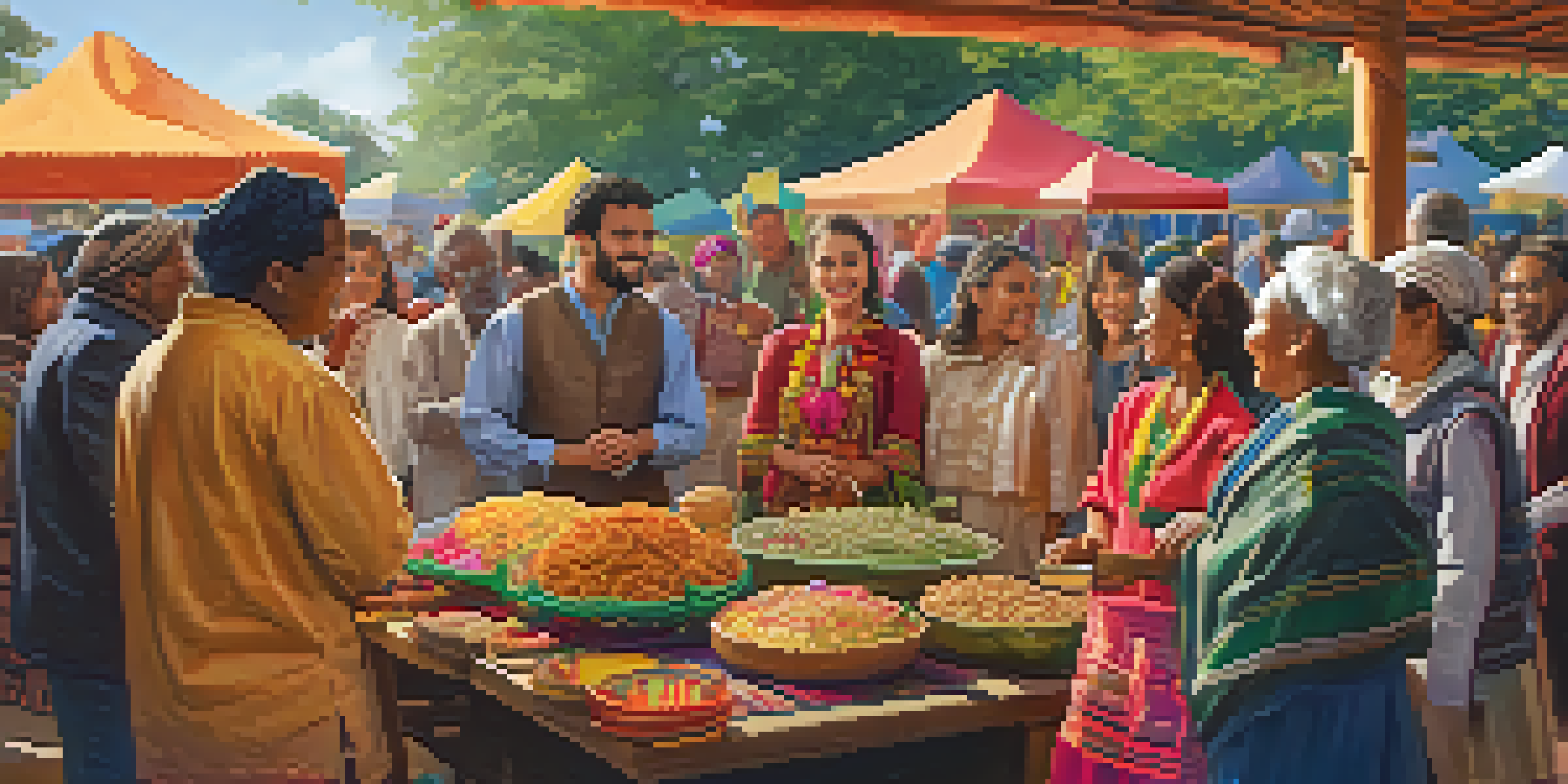Cultural Stereotypes: Breaking Barriers to Understanding

Understanding Cultural Stereotypes and Their Impact
Cultural stereotypes are oversimplified ideas about a group, often based on limited experiences or societal narratives. These stereotypes can shape our perceptions, leading to misunderstandings and generalizations that don't reflect reality. For instance, thinking all Italians are passionate or all Germans are punctual ignores the diversity within these cultures.
How Stereotypes Form: The Role of Media and Society
Media plays a significant role in forming cultural stereotypes, often highlighting extremes or clichés that stick in our minds. Television shows, movies, and news outlets can reinforce these images, creating a skewed perception of entire cultures. For example, when a particular group is consistently portrayed in a negative light, it can lead to widespread bias and misunderstanding.
Stereotypes Shape Perceptions
Cultural stereotypes oversimplify groups, leading to misunderstandings and generalizations that ignore individual diversity.
The Consequences of Holding Stereotypical Views
Holding onto cultural stereotypes can lead to significant consequences, including discrimination and social tension. When we generalize, we risk overlooking the individuality of people within those groups, which can foster resentment and division. Imagine meeting someone from a stereotyped group and being surprised when they don't match your preconceived notions; this moment highlights the flaws in our thinking.
Empathy as a Tool for Breaking Down Stereotypes
Empathy is a powerful tool that can help us break down cultural stereotypes. By putting ourselves in someone else's shoes, we begin to see them as individuals rather than representatives of a group. This shift in perspective allows for richer interactions and deeper understanding, ultimately paving the way for more meaningful relationships.
Empathy Breaks Down Barriers
Practicing empathy allows us to see individuals beyond stereotypes, fostering richer interactions and deeper understanding.
Personal Stories: Real-Life Examples of Overcoming Stereotypes
Personal stories are compelling examples of how stereotypes can be challenged. For instance, a person from a small town may have preconceived notions about city dwellers but, through a chance encounter, learns about their shared interests and struggles. These narratives not only humanize those we might judge but also invite us to reevaluate our beliefs.
Education's Role in Challenging Cultural Stereotypes
Education plays a crucial role in challenging and dismantling cultural stereotypes. By incorporating diverse perspectives into curricula, schools can foster a more inclusive environment that encourages critical thinking. For example, learning about the history and contributions of various cultures helps students appreciate diversity rather than fear it.
Education Challenges Stereotypes
Incorporating diverse perspectives in education promotes critical thinking and appreciation for cultural diversity.
The Importance of Open Dialogue in Cultural Understanding
Open dialogue is essential for fostering cultural understanding and breaking down stereotypes. When individuals engage in conversations about their backgrounds and experiences, they create a space for learning and growth. This exchange not only dispels myths but also builds bridges that connect people from different cultures.
Moving Forward: Steps to Combat Stereotypes in Daily Life
To combat stereotypes in our daily lives, we can start by questioning our assumptions and actively seeking out diverse perspectives. Engaging with different cultures through travel, literature, or community events allows us to expand our understanding. Additionally, by challenging friends or family members when they perpetuate stereotypes, we contribute to a culture of awareness and respect.